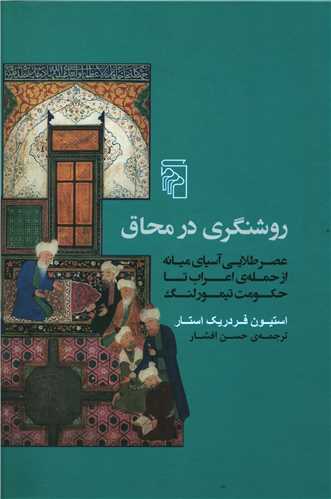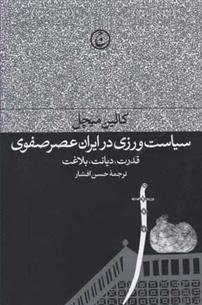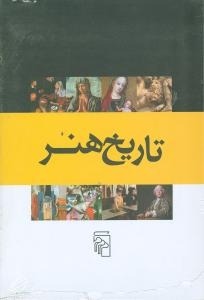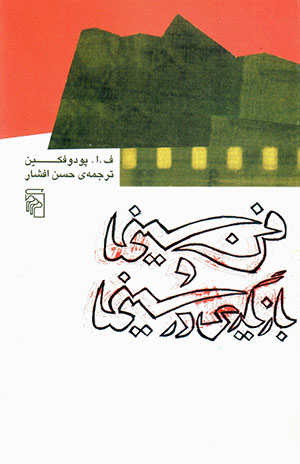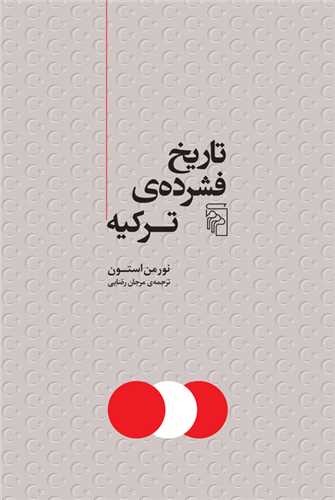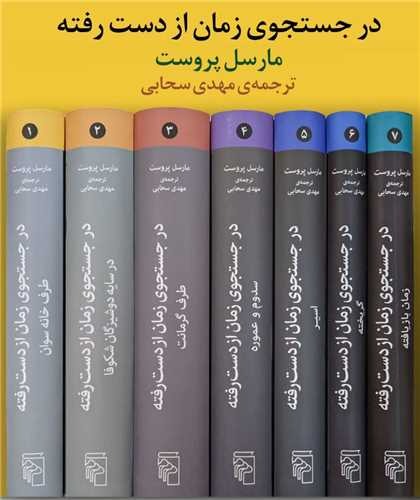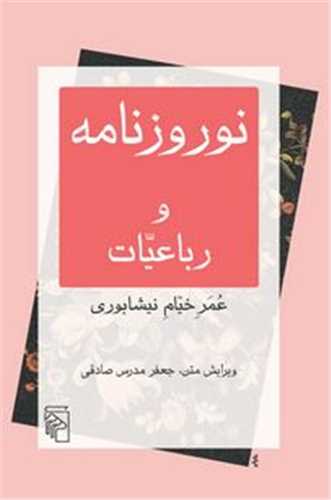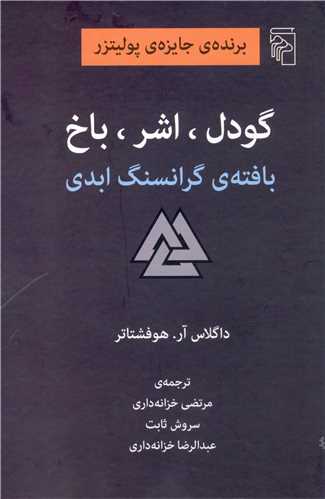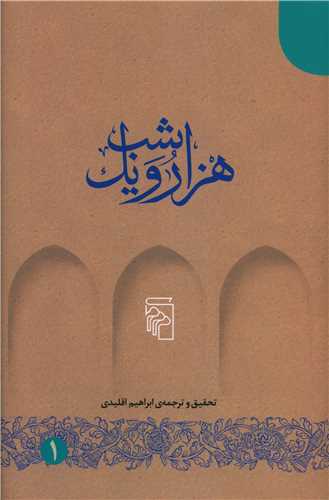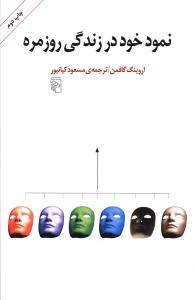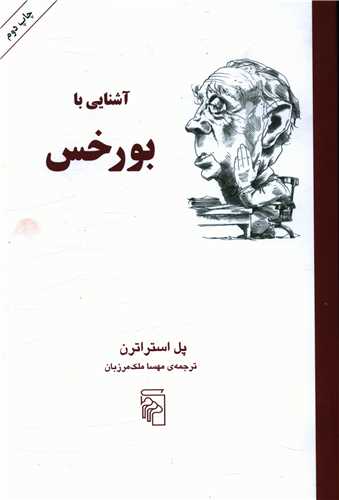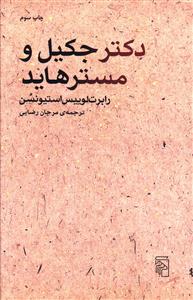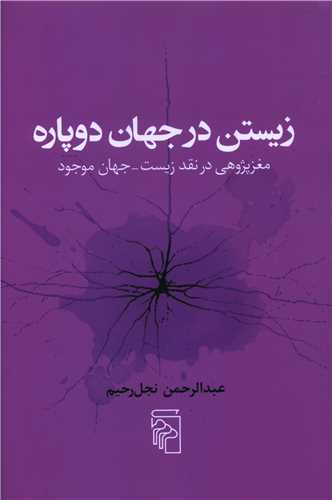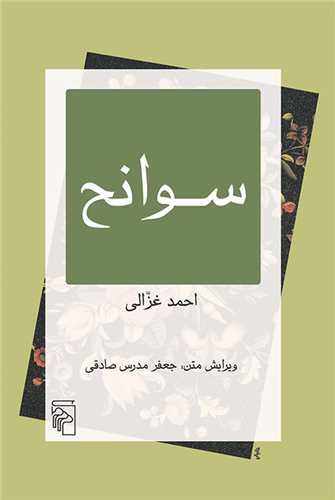Rushangarī dar muḥāq: Persiska (Farsi) 1401
روشنگری در محاق
23,53 £
Dela
Wishlist
Originaltitel:
Lost Enlightenment: Central Asia's Golden Age from the Arab Conquest to Tamerlane
ISBN:
9789642134434
Översättare:
Ḥassan Afshār
Förlag:
Markaz
Åldersgrupp:
Vuxen
Sidor:
561
Vikt:
980 g
Produktmått:
18 x 25 x 6 cm
Bokomslag:
Pocketbok
In this rich and sweeping history, S. Frederick Starr tells the fascinating but largely unknown story of Central Asia's medieval enlightenment through the eventful lives and astonishing accomplishments of its greatest minds - remarkable figures who built a bridge to the modern world. Because nearly all of these figures wrote in Arabic, they were long assumed to have been Arabs. They were from Central Asia - drawn from the Persianate and Turkic peoples of a region that today extends from Kazakhstan southward through Afghanistan, and from the easternmost province of Iran through Xinjiang, China.
Lost Enlightenment recounts how, between the years 800 and 1200, Central Asia led the world in trade and economic development, the size and sophistication of its cities, the refinement of its arts, and, above all, in the advancement of knowledge in many fields. Central Asians achieved signal breakthroughs in astronomy, mathematics, geology, medicine, chemistry, music, social science, philosophy, and theology, among other subjects. They gave algebra its name, calculated the earth's diameter with unprecedented precision, wrote the books that later defined European medicine, and penned some of the world's greatest poetry.
One scholar, working in Afghanistan, even predicted the existence of North and South America - five centuries before Columbus. Rarely in history has a more impressive group of polymaths appeared at one place and time. No wonder that their writings influenced European culture from the time of St. Thomas Aquinas down to the scientific revolution, and had a similarly deep impact in India and much of Asia.
Lost Enlightenment chronicles this forgotten age of achievement, seeks to explain its rise, and explores the competing theories about the cause of its eventual demise. Informed by the latest scholarship yet presented in a lively and accessible style, this is a book that will surprise general listeners and specialists alike.
more
روشنگری در محاق روایت میکند که،بین سالهای 800 تا 1200 میلادی،آسیای میانه پیشاهنگ جهان در توسعهی تجاری و اقتصادی، بزرگی و پیشرفتگی شهرها، اعتلای هنرها و مهمتر از همه پیشرفت علمی در بسیاری از رشتهها بود. مردمان آسیای میانه در ستارهشناسی، ریاضیات، زمینشناسی، پزشکی، شیمی، موسیقی، علوم اجتماعی، الاهیات، فلسفه، ... سرآمد دوران بود.آنها جبر را نامگذاری کردند، قطر کرهی زمین را با دقتی بیسابقه اندازهگیری کردند،کتابهایی در طب نوشتند که بعدها در اروپا از آنها استفاده شد، و برخی از زیباترین اشعار را تقدیم جهانیان کردند. حتی یکی از ایشان در افغانستان، پنج قرن پیش از کریستوف کلمب، وجود قارهی آمریکا را پیشبینی کرد.کمتر در تاریخ سراغ داریم که این همه دانشمند در یک زمان و مکان پیدا شده باشند. عجیب نیست که تألیفات آنها فرهنگ اروپا را از روزگار توماس آکوئیناس تا عصر انقلاب علمی تحت تأثیر قرار داد و اثر عمیقی در هندوستان و نقاط دیگر آسیا بر جای نهاد.
روشنگری در محاق روایتگر این دوران فراموششدهی توفیقات است، میکوشد عوامل پیدایش آن را توضیح دهد و علل زوال آن را مطرح کند و بکاود. این اثر جدیدترین تحقیق در این زمینه است و به زبانی چنان روشن و شیوا به تحریر درآمده که هم خوانندهی عادی و هم خوانندهی متخصص را مجذوب می کند.
استیون فردریک استار رئیس و مؤسس «بنیاد قفقاز و آسیای میانه و برنامهی مطالعات جادهی ابریشم» و مرکز پژوهشی و سیاستگذاری وابسته به دانشکدهی مطالعات بینالمللی دانشگاه جانز هاپکینز و «مؤسسه سیاستهای امنیت و توسعه» در استکهلم است.
more

